Grab Is Messing Up The Largest Mapping Data Set In The World
Dhir Acharya - Dec 22, 2018
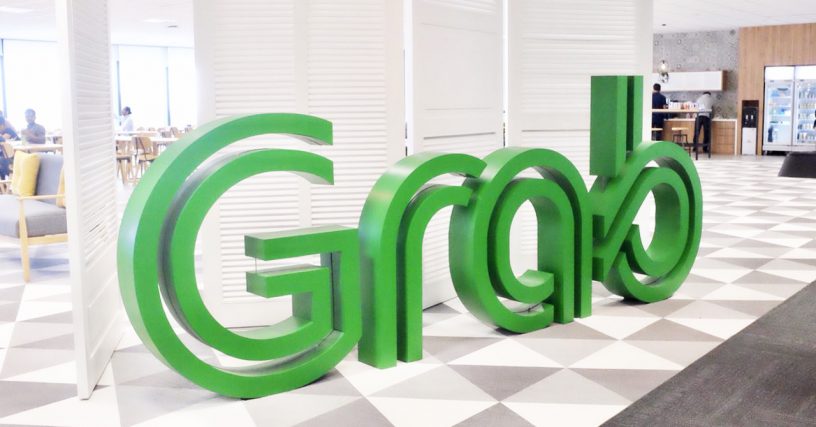
OpenStreetMap found out that Grab has made incorrect edits on mapping data.
Ride-hailing company Grab is facing a roadblock while working to upgrade its maps due to a problem with OpenStreetMap (OSM) – the largest community for collaborative mapping in the world.
Grab is the currently largest ride-hailing firm in Southeast Asia, which earlier this year purchased the local business of Uber in exchange for equity swap. Grab has made its appearance in eight countries within this region.
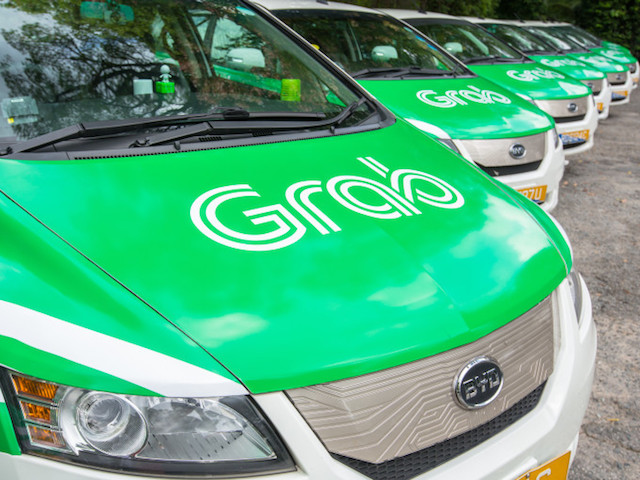
So far, there have been 125 million registering to use Grab’s service. The company has raised $6.8 billion up to now and is about to finalize a $3 billion funding round from SoftBank and Toyota.
Why is mapping that important?
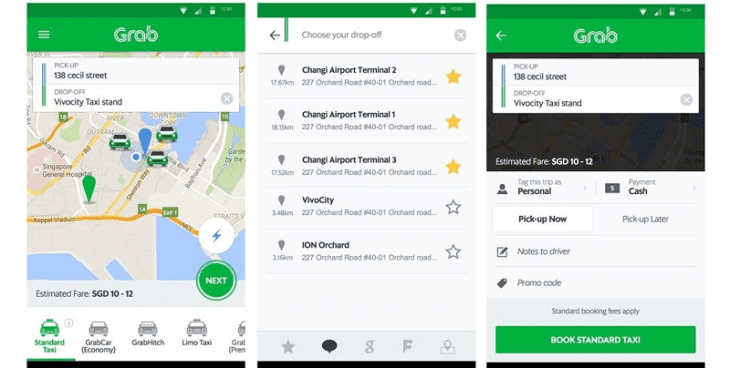
Apparently, for ride-hailing businesses, it’s vital to have precise maps if they want to offer the smoothest experiences to customers.
Efficient mapping systems with many details and high accuracy help give the shortest route from one location to another. Also, they will provide drivers with directions to pick up their riders as well as to the destination riders want.
That’s why Grab is relentlessly trying to improve its maps with more and more details.
How is Grab messing mapping data?
To make its maps more precise, Grab still uses Google Maps as the base, but it is adding more details – “points of interests” – by gathering feedback from customers, using its own groundwork, and other sources.
However, Grab recently had to suspend all of its activities in Thailand after OSM found out that Grab has replaced its data with inaccurate edits generated by an outsourced team in India.
OSM, aka OpenStreetMap, was founded in 2006, works to provide the world’s best data set for mapping. To accomplish this goal, OSM has over two million volunteers across the globe helping it for free.
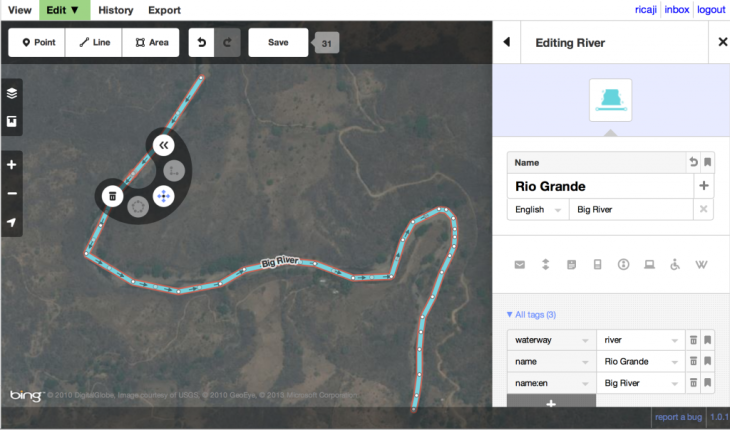
OSM editting map data
The mapping team Grab’s using belongs to GlobalLogic, which is an outsourced software company. Over the past few months, this team has created several edits and replaced the information that OSM’s team has developed. As a result, there were complaints from OSM member about incorrect edits.
Instead of in-person data collection, Grab’s contractors used images collected from satellites, to “correct” local maps in Thailand, which are especially out of date for fast-changing cities like Bangkok.
One mapper at OSM was so infuriated with the incorrect edits that he started labeling them with the hashtag “WhatInGrabsNameIsThis.” Besides over 30 labeled edits, there may be countless others.
Mishari Muqbli, an OSM member in Bankok, said that the community’s work is based on craftsmanship, but Grab comes with an industrial mindset. The man told that he spent hours on correcting Grab’s edits. Previously, he also held and managed a workshop that helped Grab’s Thailand-based staff and volunteers understand the way OSM works.
Muqbli added:

What else is Grab doing wrong?
Not only is Grab making incorrect edits it is also using data developed by OSM without citing proper attribution.
Grab’s head of the regional operation, Ajay Bulusu, confirmed the company’s use of OSM data. However, he said that it is not consumer-facing on its app. Bulusu clarified that the company uses OSM data for internal algorithms to plan routes and calculate arrival time. He added that OSM data is used in only certain places and in combination with that from other sources.
In contrast, Muqli said in his blog that in fact, Grab does use OSM data in consumer-facing manners. For certain parts of Bangkok, Grab’s app display routes that are created by OSM rather than those by Google Maps. Muqbli claimed Uber did that too.
It’s also worth noting that, no matter how many of OSM data it uses, Grab has to include credit, which it doesn’t. Apparently, this action violates the license agreement of OSM.
When two examples of OSM data usage with credit excluded were shown to Grab, the company backtracked and admitted it does use OSM data on its consumer-facing app.
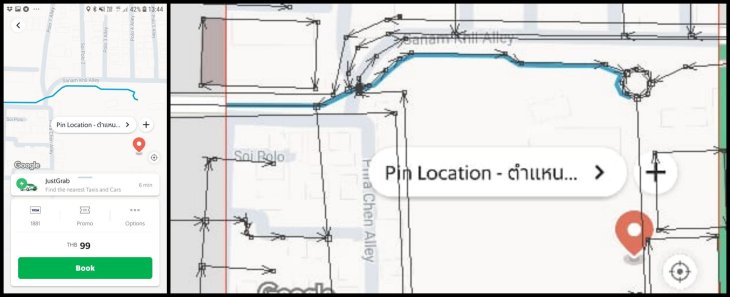
One example of Grab's use of OSM data on its consumer-facing app (Grab's app - left, OSM data - right)
Later, Grab released a statement and added attribution on its consumer-facing app; however, the company did not really append the credit to the map, which is against OSM’s licensing agreement.
Bulusu, on behalf of his company, also apologized to OSM about this recent troubles.
Ironically, this incident came only a few days after Go-Jek – Grab’s Indonesian rival backed by Google, Tencent and others – was reported to copy the company’s data.
Bulusu declined to comment about Go-Jek’s incident, saying he was not aware of this. Go-Jeck did not comment either.
Developing local partnership
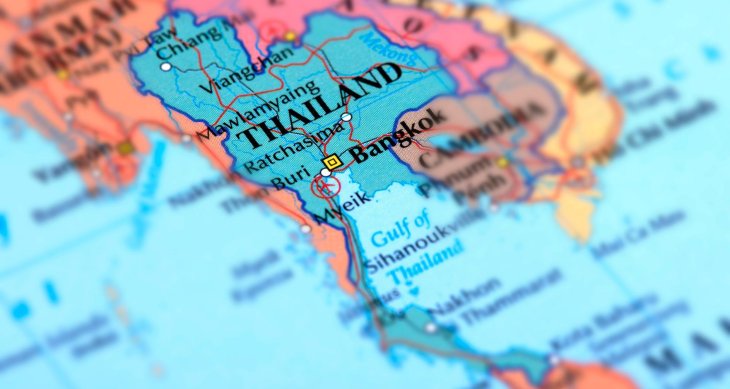
Grab said it wants to develop a closer relationship with OSM’s Thailand-based community. While admitting that Grab must do better, Bulusu stated he has the plan to meet up with this group.
The executive promised to meet OSM Thailand community in person. Though the meeting may not be in Chiang Mai, where the majority of the community is located, Grab commits to meet OSM in Thailand.
However, Bulusu defended Grab’s partnership with GlobalLogic. In his defense, Hyderabad, the location of GlobalLogic team is the place gathering the most talented people.
Featured Stories

How To - Mar 04, 2026
Getting Started with AI: A Newbie's Simple Guide

ICT News - Mar 03, 2026
Budget Entry-Level PCs Under $500 to Vanish by 2028 Due to Memory Price Surge

ICT News - Mar 02, 2026
IDC Report Predicts Surging Smartphone Prices Due to Global RAM Shortage

ICT News - Mar 01, 2026
Samsung Links Galaxy S26 Price Hikes to AI Memory Supply Issues

ICT News - Feb 28, 2026
Anthropic Blacklisted by US Department of War: Trump Orders Federal Ban Over AI...

ICT News - Feb 26, 2026
AI Models Frequently Resort to Nuclear Escalation in Simulated Crises, Study...

ICT News - Feb 23, 2026
It's Over for Xbox: Asha Sharma Takes Over to Ruin Microsoft Gaming with AI

ICT News - Feb 22, 2026
Which AI Model Excels at Which Task in 2026: A Comprehensive Guide

ICT News - Feb 21, 2026
AI Coding Agent Causes Major AWS Outage at Amazon

ICT News - Feb 20, 2026
Tech Leaders Question AI Agents' Value: Human Labor Remains More Affordable
Read more

How To- Mar 04, 2026
Getting Started with AI: A Newbie's Simple Guide
Are you curious about artificial intelligence but not sure where to begin? You are not alone.

ICT News- Mar 03, 2026
Budget Entry-Level PCs Under $500 to Vanish by 2028 Due to Memory Price Surge
The era of the sub-$500 PC appears to be ending.

ICT News- Mar 02, 2026
IDC Report Predicts Surging Smartphone Prices Due to Global RAM Shortage
This development underscores the broader ripple effects of the AI boom on everyday technology, highlighting the interconnected nature of global semiconductor supply chains.
Comments
Sort by Newest | Popular